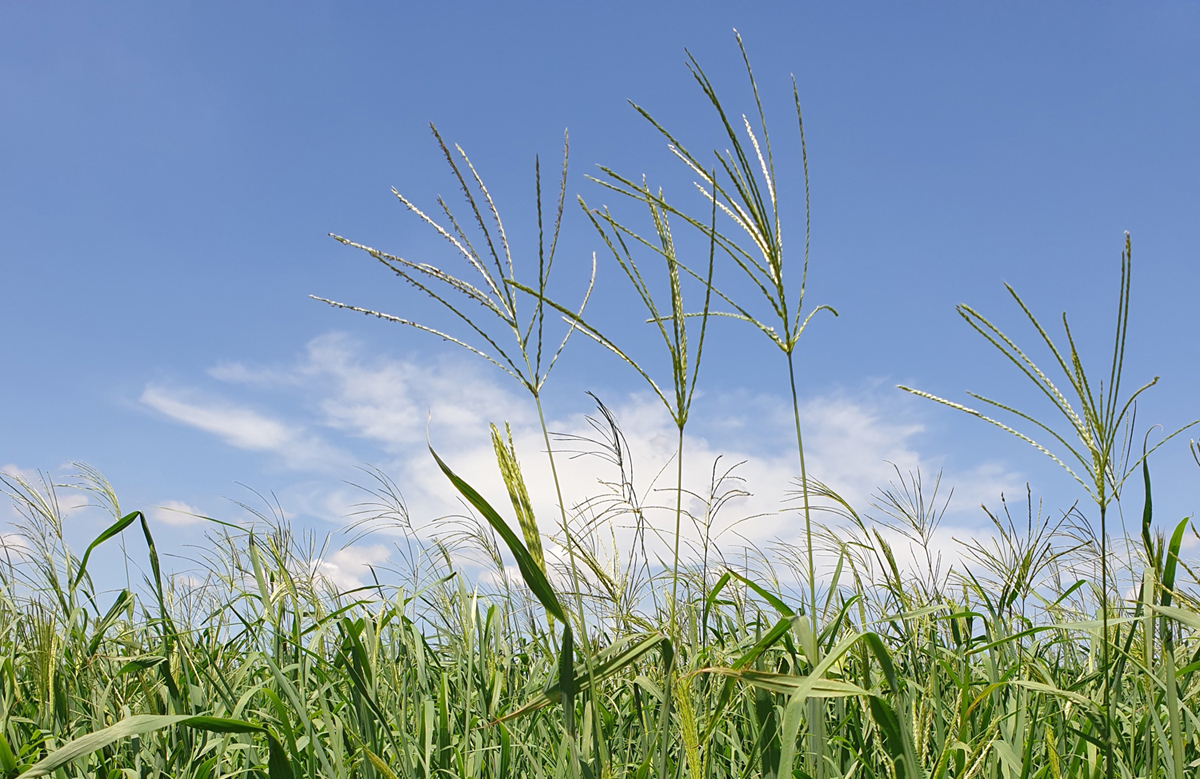
NSW farmers have been asked to inform research which aims to underpin the state’s multi-billion dollar red meat industry in a changing and variable climate by integrating tropical perennial grasses into grazing systems.
NSW Department of Primary Industries (DPI) senior research scientist, Suzanne Boschma, said an online survey is now open until April18.
“Responses from farmers who have little or no experience with tropical perennial pastures and those who have sown or currently manage these grasses are welcome,” Dr Boschma said.
“Farmers’ input will be used to develop the agronomy packages and guidelines they need to successfully establish and manage tropical grasses in central and southern NSW.”
The survey will contribute to a five-year project, calculated to protect red meat production by more than $1.2 billion per year by 2050, funded through the Livestock Productivity Partnership (LPP) between NSW DPI and Meat & Livestock Australia (MLA).
NSW DPI has identified key tropical pasture species from Queensland production systems which could be adapted to central and southern NSW.
Tropical grass trials have been sown in the Northern and Central Tablelands, Central West and Riverina, including sites at Glen Innes, Orange, Cowra, Condobolin, Goolgowi, Yanco and Wagga Wagga.
Dr Boschma said there are several promising species which have delivered good beef and lamb production in grazing systems.
“Successful establishment is key to ensuring a productive and persistent tropical grass pasture, which is a major focus of the research,” she said.
“Summer-active tropical grasses respond to summer storms to produce valuable feed and can provide good ground cover, reducing soil erosion risks.
“Tropical perennial pastures have the potential to become an integral part of grazing systems across NSW as an important part of the feed base, especially during dry times, underpinning livestock production and farm resilience.”
The LPP is a collaboration between the MLA Donor Company, NSW DPI, CSIRO, University of New England, Melbourne University and University of Tasmania.





